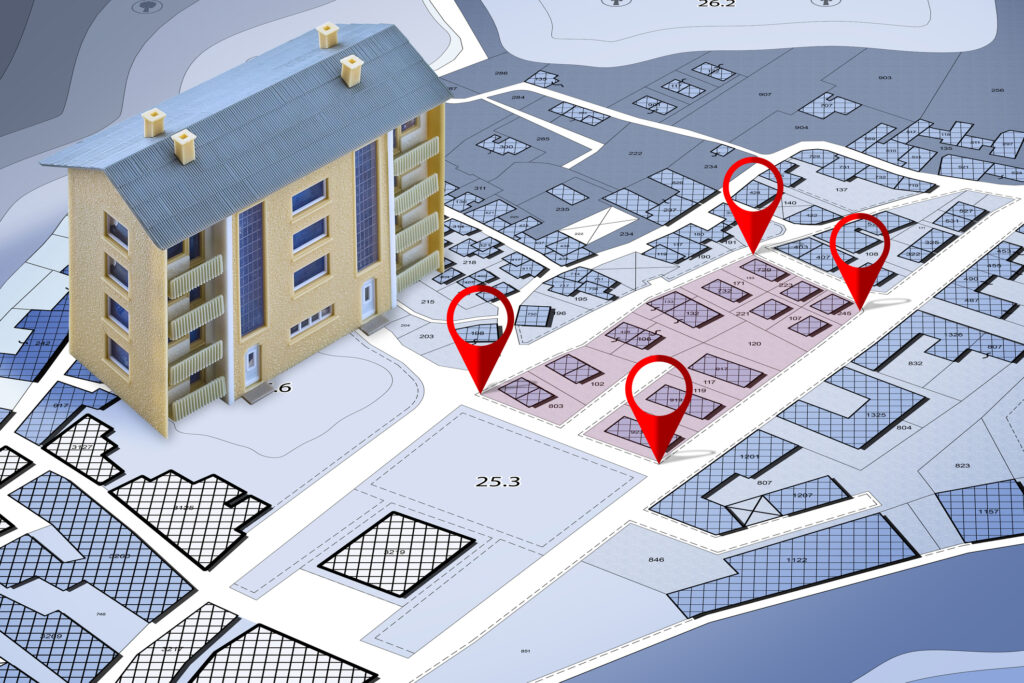Public Comment: Many Reasons To Reject Proposed Zoning Changes

Photo: istock
The following Public Comment was submitted in writing to the Amherst Planning Board on April 19, 2023, for their public hearing on proposed zoning changes.
Nationally recognized and respected Northampton planning consultants, Dodson and Flincker, helped Northampton residents reach a town-wide consensus on a new vision for its downtown. The result is a hybrid form-based/conventional code that takes into account what exists on the ground and is still extant after more than 300 years, upon which to plan for the future. The bottom line for our downtown is the need to build a broadly-based consensus on design standards before considering changing any uses that might be appropriate or inappropriate for each residential area.
My more than forty years experience observing the Zoning Board of Appeals (ZBA) and the Planning Board for the League of Women Voters Observer Corps beginning in 1980 and more recently reporting for the Amherst Indy, my six years as Assessor, eight years serving on the Zoning Board, more than 45 years as Town Meeting member has been instrumental in teaching me about land use and the economic value of its regulation to our town and its residents. I have been part of the good and the bad decisions together over more than sixty years as a local resident.
And these are some of the facts (and opinions) I have gleaned that cause me to reject the proposed amendments:
1. Heed the advice of our Planning Director! Ms Brestrup’s memo is very wise so please take all of her well-thought considerations to heart.
2. The proposal significantly shifts the discretionary permitting authority of the ZBA to the already very busy Planning Board or Building Inspector. In no uncertain language the ZBA Chair stated the proposed revisions ignore the value of the ZBA in evaluating the impact of any property use on the abutters and the virtues of the ability of aggrieved parties to appeal its decisions. Site Plan Review considers only the appearance, parking or maintenance, for example, and these decisions are difficult if not impossible to win on appeal.
3. We have seen in recent ZBA actions on the Fearing/Sunset and Pine Street projects that allowing abutters and appellants to sit down together to find compromise solutions works! Do we really want to cede this burden to a single person in Inspection Services with no accountability to residents and abutters or who could leave for a different position tomorrow?
4. Before the General Court of the Commonwealth began easing the permitting process to create more housing opportunities, Planning Boards wrote zoning bylaws which were then enforced by Zoning Boards of Appeals. Clearly Site Plan Review which does not take into account controversial uses, could exacerbate conflicts of interest rather than provide a check on and balance of authority.
5. Allowing greater density in the General Residence District will have a negative impact on preservation of the traditional ambiance of our historic neighborhoods, national historically recognized downtown, and particularly our two Local Historic Districts.
6. I observe from the number of conversions of two-family dwellings from owner-occupied to non-owner occupied that the market for such a use is negligible to non-existent. It is both a values (privacy) and an economic issue, especially for three-family dwellings which require building to the more rigorous commercial rather than residential building codes.
7. Cluster Development as defined in our bylaw could provide many of the benefits that Ms Hanneke seeks—like entry-priced homes for middle income buyers while preserving open space. But, it seems that the only such developments in the town are via Ch. 40B or similarly subsidized developments. Why hasn’t the private market used this approach? It makes so much sense.
8. Most residents recognize the need for more owner-occupied middle income housing to stop the negative effects of the decline in the school population and to allow more citizens to build equity. With more secondary school students, more teachers can be hired to cover a broader range of courses, particularly in liberal arts and foreign language. The type of housing that this proposal envisions will only serve to bring in more students from outlying areas to housing closer to UMass.
9. Re-zoning Fraternity/Sorority Park to apartment housing makes sense since we see that the “apartment-style” dormitories there are quite successful even though our current bylaw precludes apartments in that district. It is interesting that similar units in the downtown are not called dormitories because doing so would mandate that parking be provided. Let’s try to make both residential projects “legal.”
The proposed amendments to the Amherst Zoning Bylaw are at best conflicting and confusing and at worst could lead to consequences we can’t even imagine. Please continue your discussions of where and how to address our housing crisis and advise Town Council to reject these particular zoning bylaw amendments.
Hilda B. Greenbaum
Hilda B. Greenbaum Ph.D., is a 65-year resident of the Amherst area and an almost 60-year resident of Amherst, a Town Meeting member 1975–2018, and a former member of various town boards and committees, including Public Transportation, Assessors, Zoning Board of Appeals, and Housing Impact Study Committee. Her particular interests are land use and historic preservation.

Nicely stated, Hilda
The fact that this individual served years in the former town meeting doesn’t impress me at all. Town meeting did irreversible damage to the town from which we will never recover.
Tom McBride,
Please be as specific as possible in describing how you like less restrictive zoning to look. A serious proposal enables other town citizens to look at the consequences, intended and unintended, of a given change.
Since you seem to have strong opinions on what would help this town flourish, I would welcome specific examples of how current rules might be changed to achieve your ends–that would be most helpful!